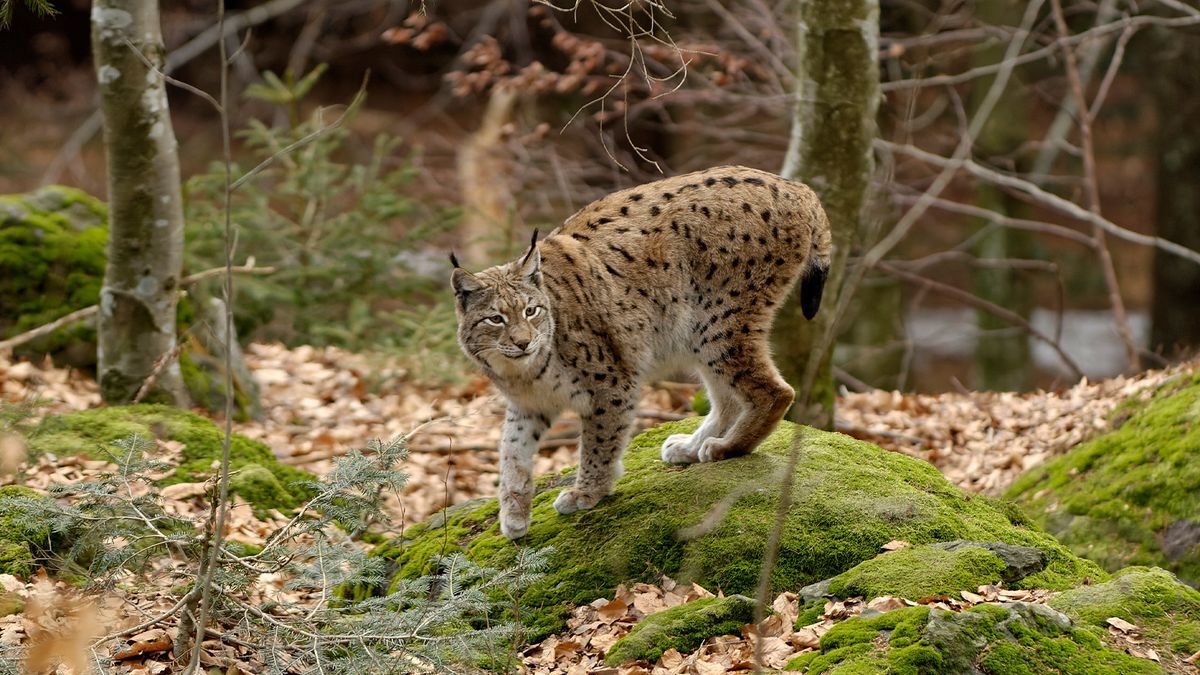The discovery of a lynx buried with four dogs at an early-medieval settlement in Hungary is confounding archaeologists, as these wild cats are rarely found in archaeological digs.
The fifth-to-sixth-century pit, which was about 4.6 feet (1.4 meters) deep, contained a complete lynx skeleton at the bottom and the skeletons of four dogs — likely pointers or German shepherds — layered on top of it.
At the bottom of the beehive-shaped pit, the male lynx skeleton was found fully stretched out. Four adult dogs — two females and two males — were buried on their right sides, above the lynx; each animal was separated by an 8-to-16-inch (20 to 40 centimeters) layer of dirt.
You must log in or # to comment.


